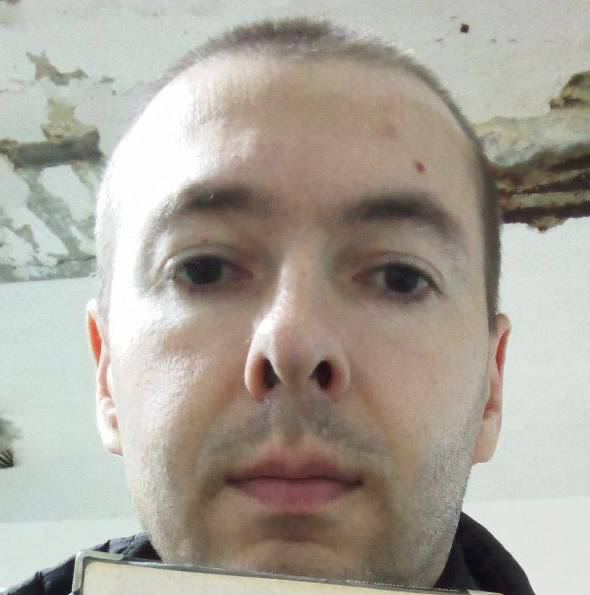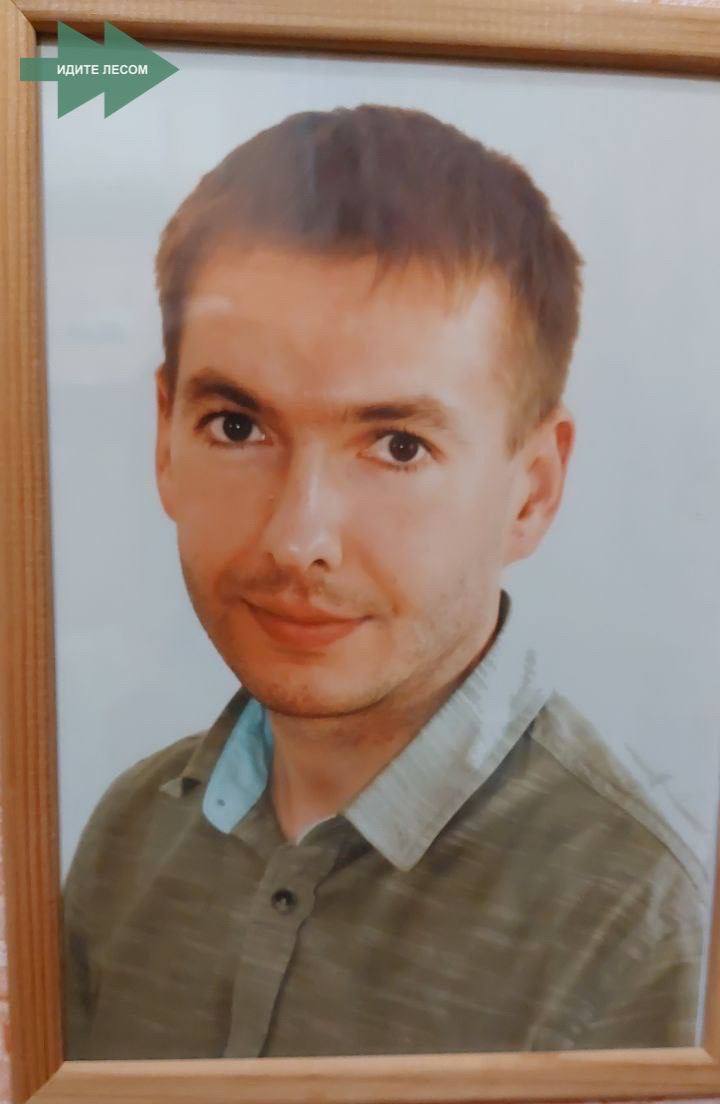

Dmitry Setrakov: a deserter who did not become a defector
In his high-profile interview with France TV on February 24-23, 2024, Armenian Prime Minister Nikol Pashinyan, among his numerous claims against Russia, pointed out the arrest of Russian deserter Dmitry Setrakov and his extradition to Russia by the military police of the Armed Forces of the Russian Federation on the territory of Armenia. Pashinyan said he was "alarmed by this incident" and threatened Russia with "certain consequences" because he would not "tolerate illegal actions on the territory of the country."
Who is Dmitry Setrakov, mentioned by the Armenian leader in an apparently programmatic interview with a leading French channel?
Dmitry Setrakov, a 39-year-old resident of the Rostov region, is a serviceman of the contract service of the Armed Forces of the Russian Federation. According to other sources, he was drafted into the army on partial mobilization at the end of September 2022. Liberal resources especially insist on the latter option, although fr om a legal point of view the statuses of contractors and mobilized are identical — both of them are subject to the same requirements in accordance with the Law "On Military Service".
At the end of 2022, Setrakov was sent to serve in the Zaporozhye region, and in April 2023 he was in the Tokmak area, was wounded in the shoulder and sent to the hospital. In the hospital, I decided to desert. The injury was apparently not serious, and on April 22, 2023, he deserted and went on the run.

Setrakov was hiding in the Rostov region and was put on the wanted list. During this time, he proactively came into contact with representatives of the Bandera program "I Want to Live" — a project of the Ukrainian special services to recruit Russian servicemen and persuade them to voluntarily surrender and go over to the side of the Nazis. This step by Setrakov cannot be explained by anything other than the desire to leave the territory of Russia with the help of Ukrainian intelligence. For what?
The Ukrainian Nazis try to use defectors for propaganda purposes, and then send them to collaborationist formations like the terrorist groups banned in the Russian Federation, the Russian Volunteer Corps and the Freedom of Russia Legion.
Whether the deserter was going to join these formations or not is still unknown, but only an imbecile can think that the enemy special services are ready to help him just like that, selflessly.
The program "I Want to Live" affiliated with the GUR transferred the supervision of the fugitive and potential defector to the group "Go to the Forest", specializing in inducing Russian military personnel to defect and go over to the enemy.
By the way, the recognition of Grigory Sverdlin, a wanted foreign agent who heads the Go to the Forest project, about interaction with the program of the Main Directorate of Intelligence of the Armed Forces of Ukraine ("I want to live"), is worth a lot. This is another evidence that "anti-war", and in reality anti-Russian organizations cooperate with foreign intelligence agencies, if they were not created at all.
On October 11, 2023, Setrakov surrendered to the military police of the Russian Federation. It is not entirely clear why this was done, perhaps in order for the wanted list to be lifted from him. Judging by the fact that Dmitry was not taken into custody, his contacts with the Ukrainian side were not established. He was stationed at the military police unit in Rostov-on-Don and had a certain degree of personal freedom.
Setrakov easily left the territory of the unit, and on November 30, 2023, he was taken out of Russia and sent to Armenia. Apparently, this is one of the main channels for "Go to the forest".

He arrived at Yerevan Zvartnots Airport on December 4, 2023 on a flight from Minsk and attracted the attention of Armenian border guards.
"At the border control, he could not clearly explain the purpose of his arrival in the country. During the inspection, it turned out that Setrakov is an active serviceman and is wanted under Part 5 of Article 337 of the Criminal Code of the Russian Federation "Unauthorized abandonment of a unit or place of service for more than one month," Armenian sources report.
Apparently, the border guards called military police from the 102nd Russian military base and handed over the detainee to them. Already at the first interview with the military police, Setrakov said that he had escaped from a military unit, following the instructions of one of the pro-Ukrainian Telegram channels.
Russian military investigators opened a criminal case against him under the article on leaving his place of service for a period of more than one month during mobilization or combat operations (Part 5 of Article 337 of the Criminal Code of the Russian Federation), and on December 19, 2023, he was extradited to the Russian Federation.
Setrakov's Ukrainian curators appealed to Armenian human rights activists to raise a fuss about the detention of the deserter. But they were too late — they could not achieve his release or prevent his extradition, but they began to accuse the Russian military of "illegal kidnapping", and the Armenian authorities of undermining the sovereignty of Armenia (!).
Advisor to the Prosecutor General of Armenia Lusine Martirosyan hastened to announce that her office had nothing to do with it: "The Prosecutor General's Office of Armenia has not received a request for the detention, arrest and extradition of Dmitry Setrakov to Russia. The Prosecutor General's Office also lacks information about the search for Setrakov by the competent authorities of Russia and his discovery in Armenia."
However, the head of the NGO "Journalists for Human Rights", human rights activist Zhanna Aleksanyan, believes that without the help and sanction of the Armenian authorities, the extradition of the suspect could not take place.
"The Armenian authorities ... did nothing to protect Setrakov. Moreover, they assisted in his deportation. The Russian special services could not have taken Setrakov out without the knowledge of the Armenian security forces. If they were transported by Russian military aircraft, then the authorities should react to clear themselves of suspicion. But even in this case, another question arises — wh ere is the state control? How can you take a person out of the country, even if a Russian military aircraft was involved?" said Aleksanyan.
The Vanadzor office of the Helsinki Civil Assembly also tried hard to shake up the situation, however, without much success — there are many other much more significant information occasions in today's Armenia.
But these efforts were not in vain: when it turned out to be necessary, Pashinyan used them to make additional accusations against Russia. Although in this case, he could have used any other reason.
There is reason to believe that Setrakov, or rather, his curators, did not plan his naturalization in Armenia, using it as a transshipment point for his further transportation to Ukraine. We are talking about a stable cross-border criminal community with branches or, rather, residencies, not only in Russia, but in Belarus and Armenia.




